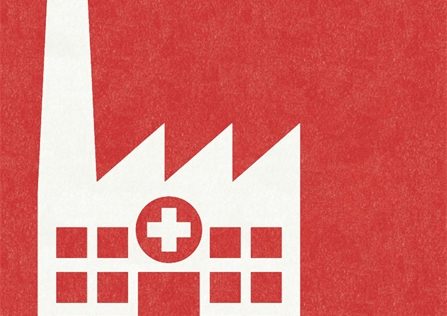
Servicing Social Citizenship in a Divided Welfare State
The pernicious effects of the divided welfare state are well known. Yet its darkest legacy may be how private health care benefits transmuted ill and aging bodies into rich and predictable streams of revenue.




